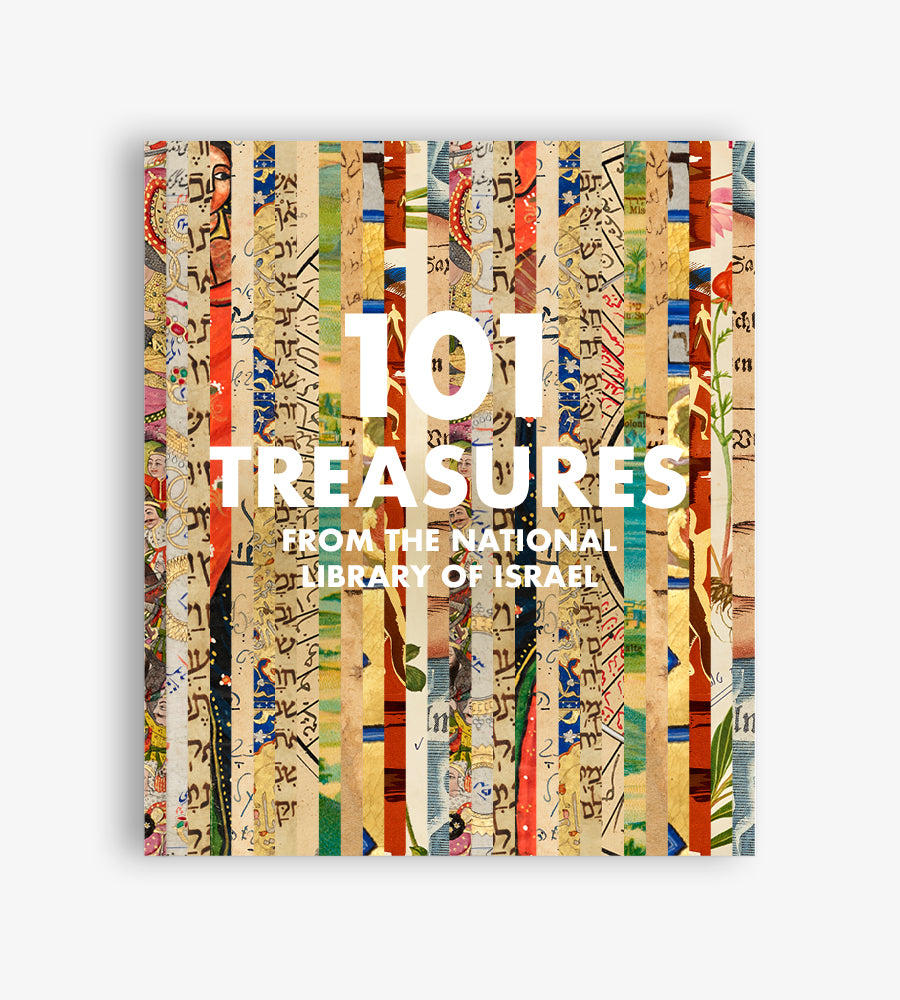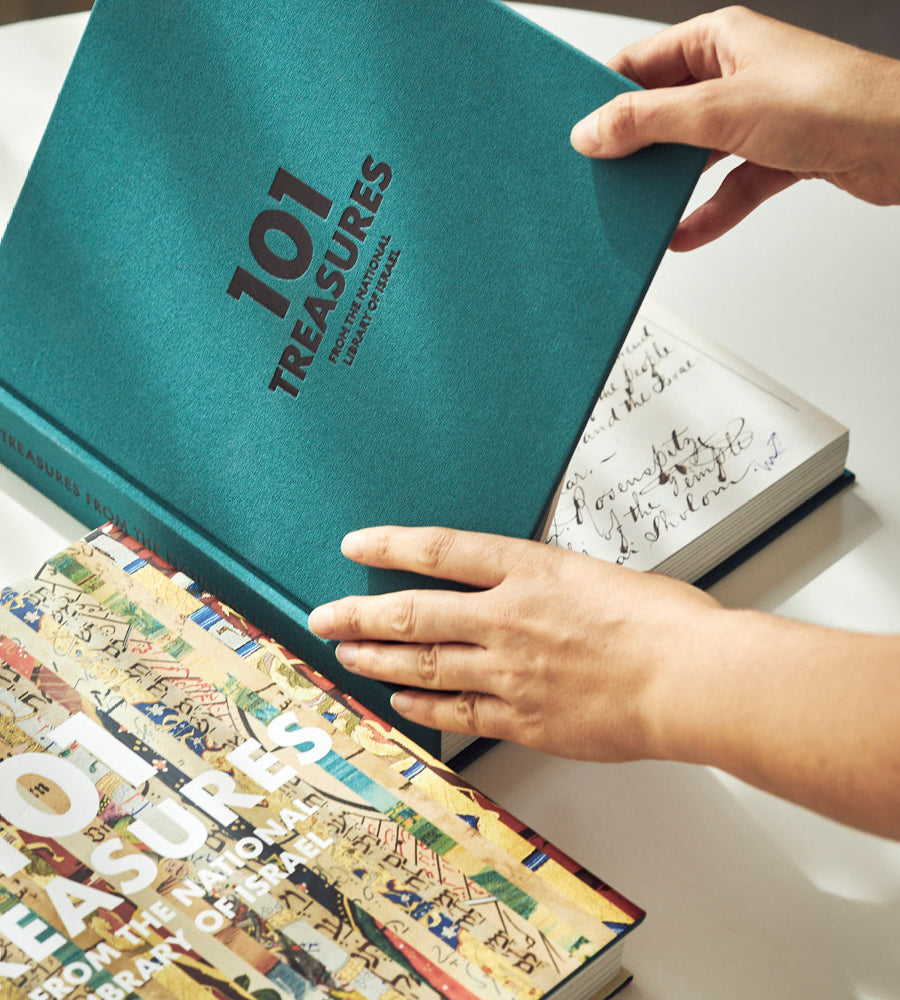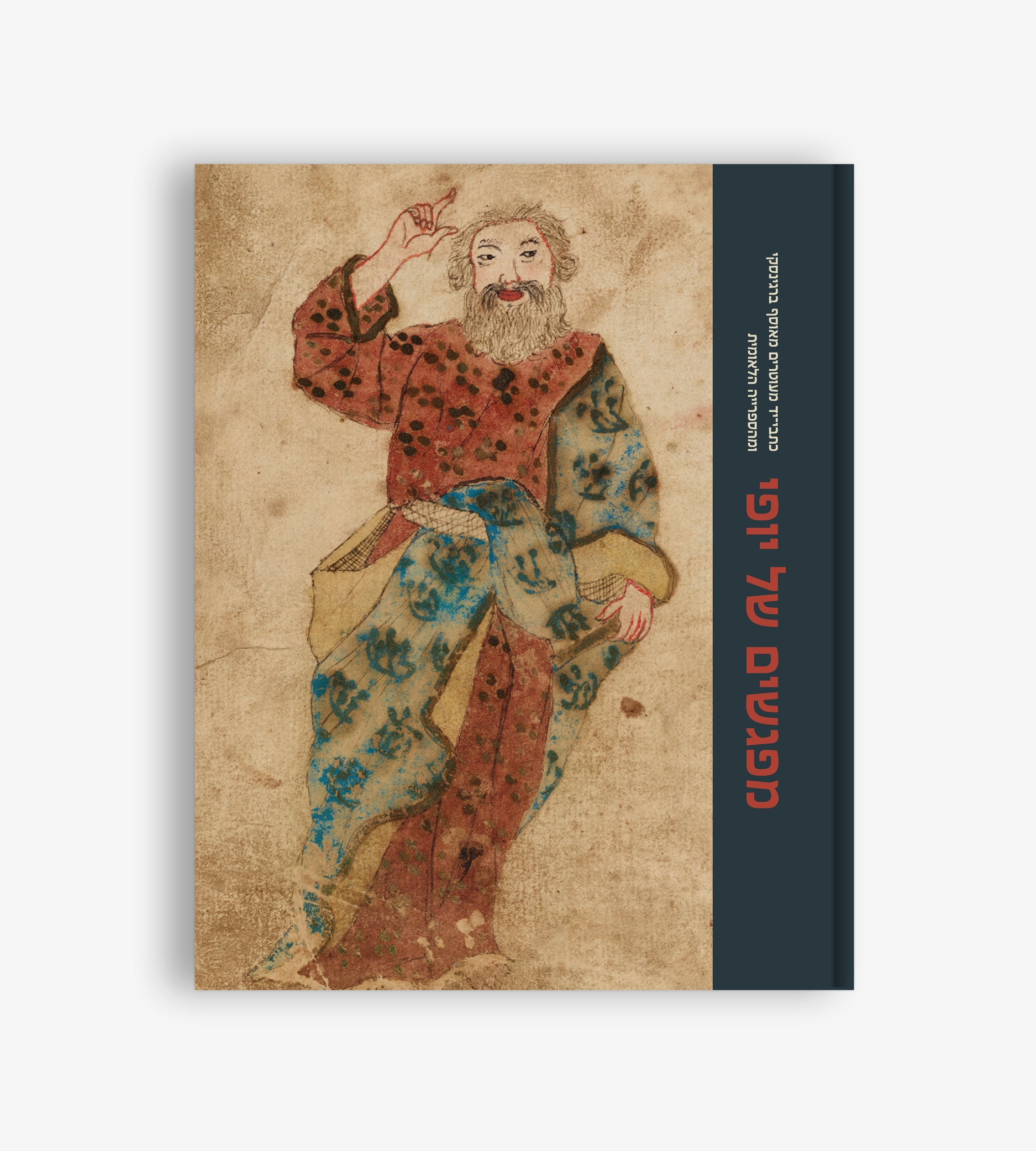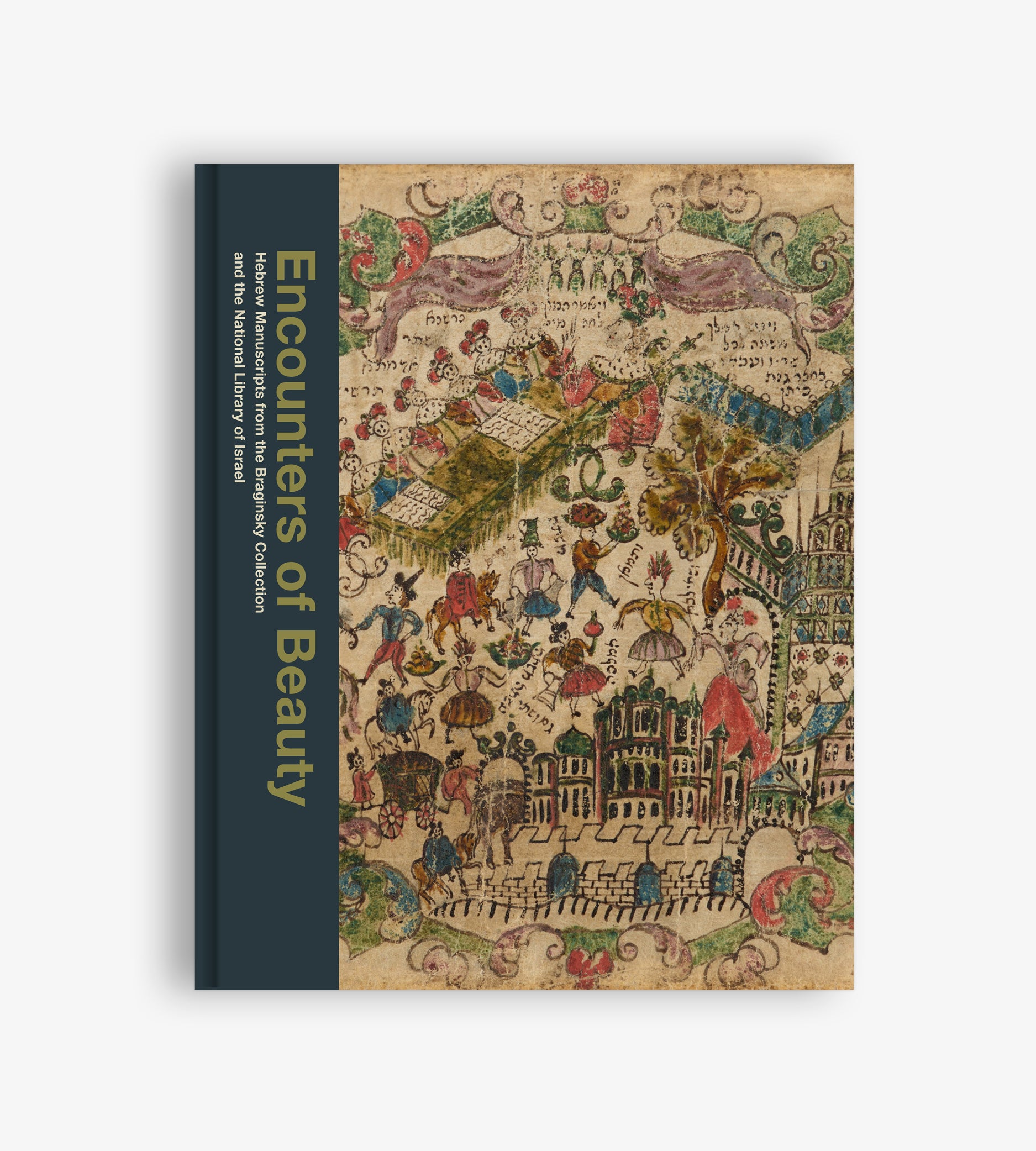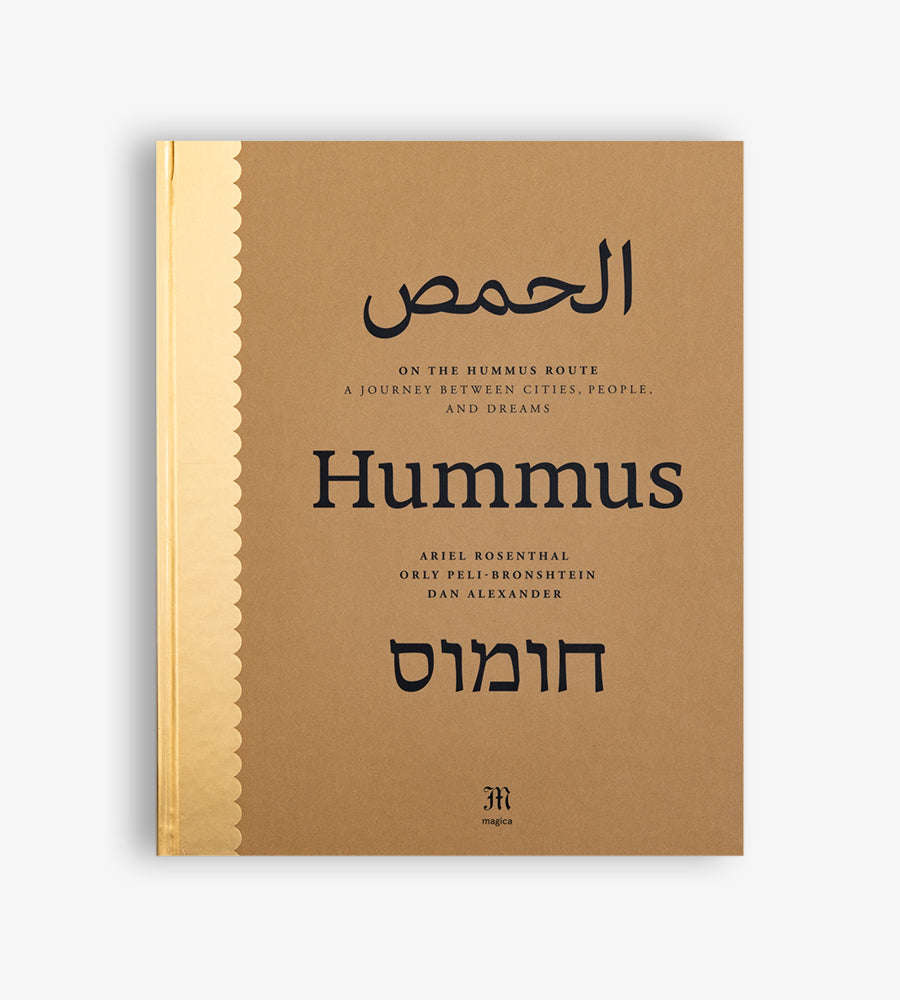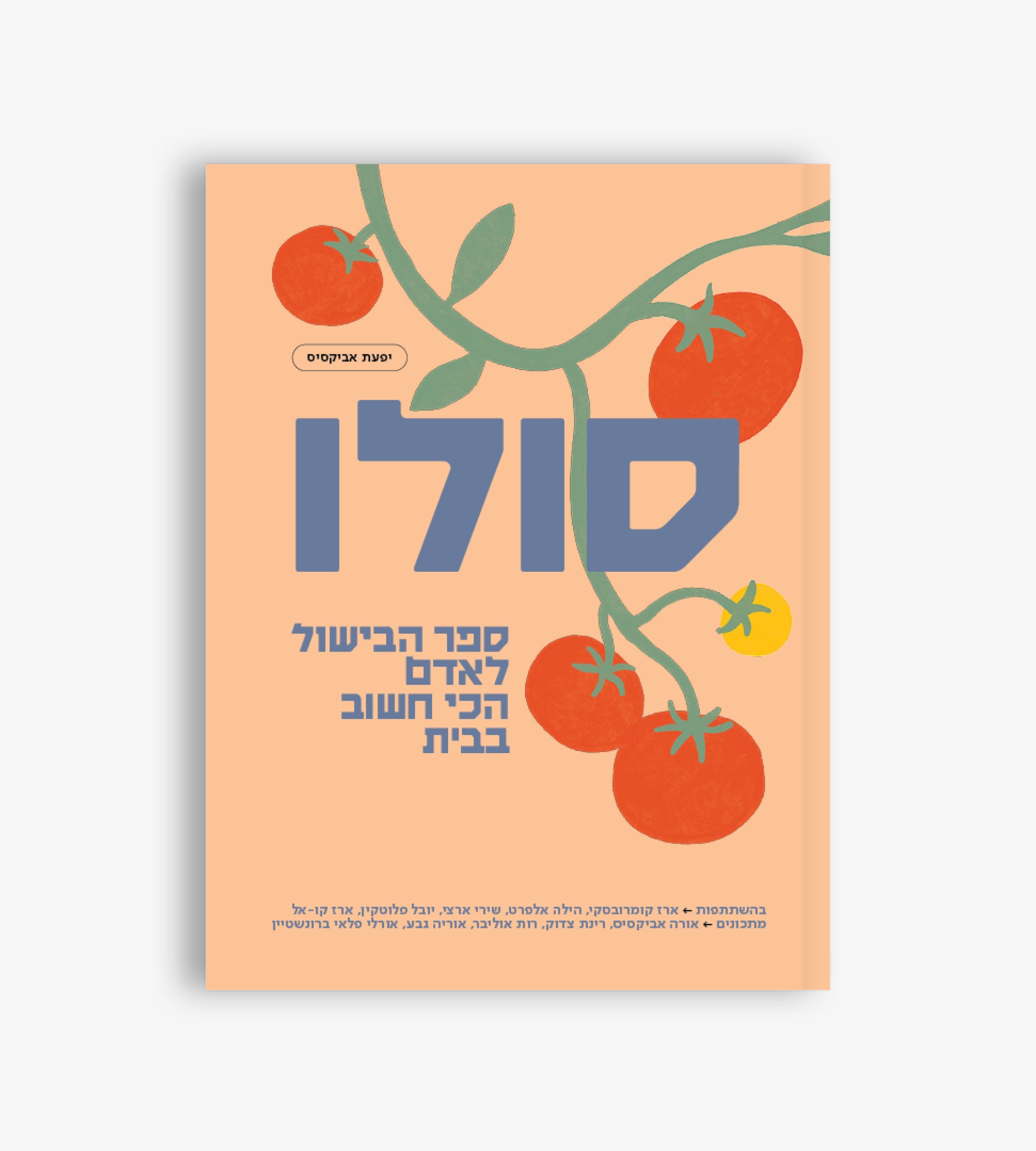Article: Fragments of our Shaikh
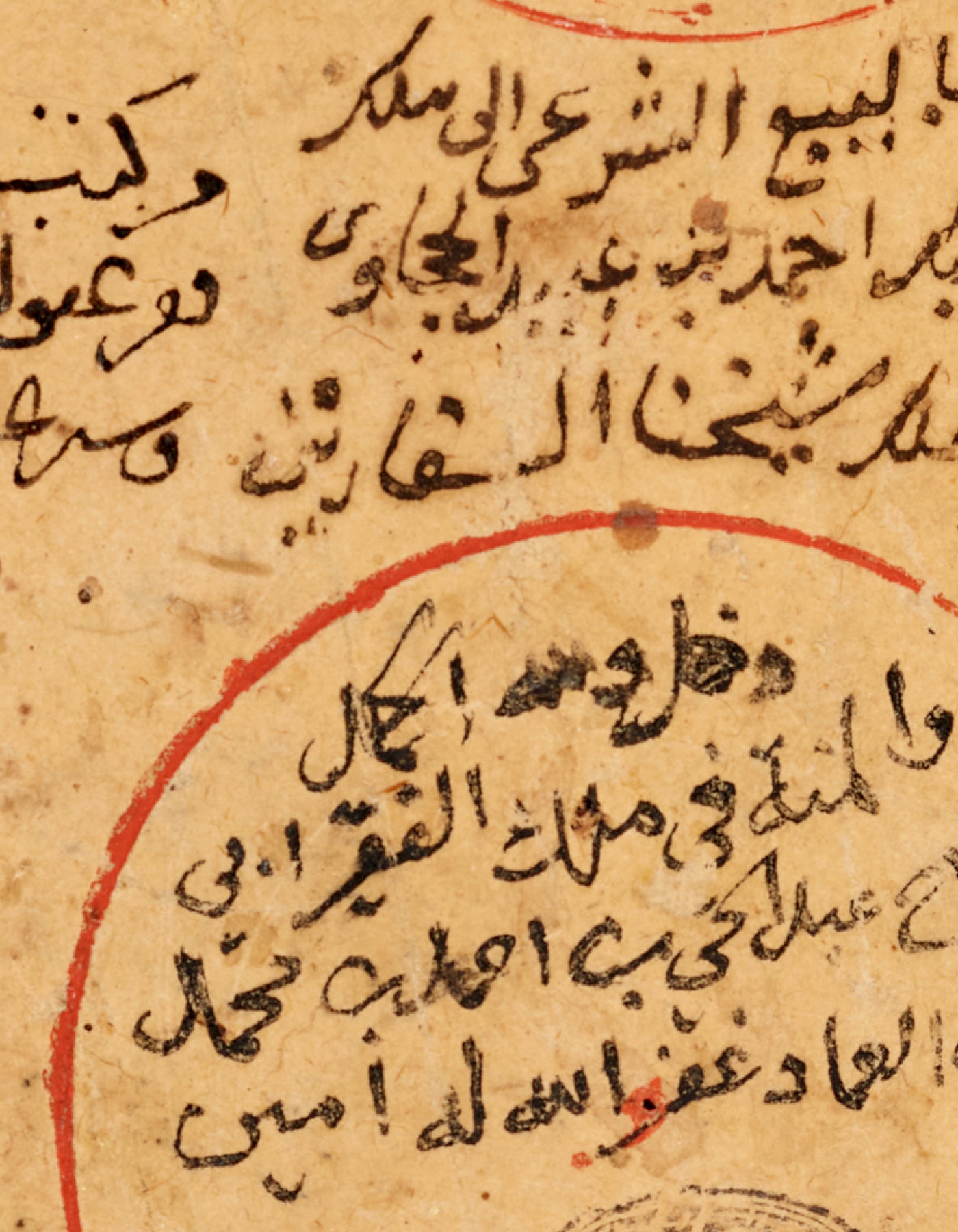
Fragments of our Shaikh
Raquel Ukeles

On May 1, 1328, the Mamluk sultan al-Nasir Muhammad confiscated Ahmad Ibn Taymiyyahʼs pen and paper. The exasperated sultan had already put the brilliant and contentious jurist behind bars; without his writing tools, the ruler hoped that Ibn Taymiyyahʼs inflammatory treatises would finally cease.
Ibn Taymiyyah (1263–1328) is known today as the intellectual forebear of a widespread, particularly conservative interpretation of Islam. However, during his lifetime, he was often on the political and religious margins. His unrelenting criticism of religious leaders who strayed from his understanding of Islamic norms alternately pleased and infuriated the Muslim rulers of late medieval Damascus and Cairo, and Ibn Taymiyyah thus spent a fair proportion of his adult life in jail.
The historical chronicles report that Ibn Taymiyyah was able to endure years in prison as long as he had writing instruments; once the authorities had taken these away, he died within a few months. When his disciples learned of his passing, they rushed to his cell, gathered up thousands of his scattered papers, and spent the ensuing years sorting them into treatises. The youngest of these disciples, Shams al-Din ibn Muhibb, the “Silent One,” copied many of these treatises by hand, including the fourteenth-century manuscript shown here. A parenthetical remark by ibn Muhibb at the end of the first treatise gives us a glimpse into the desperate effort to preserve his teacher’s writings, however incomplete: “and this is all that I found in the handwriting of our Shaikh, may God have mercy on him.”
This manuscript includes a unique and previously unknown copy of a treatise by Ibn Taymiyyah on the eternality of the world, in which he outlines a surprisingly nuanced position, balancing God’s eternality and the creation of the world.


